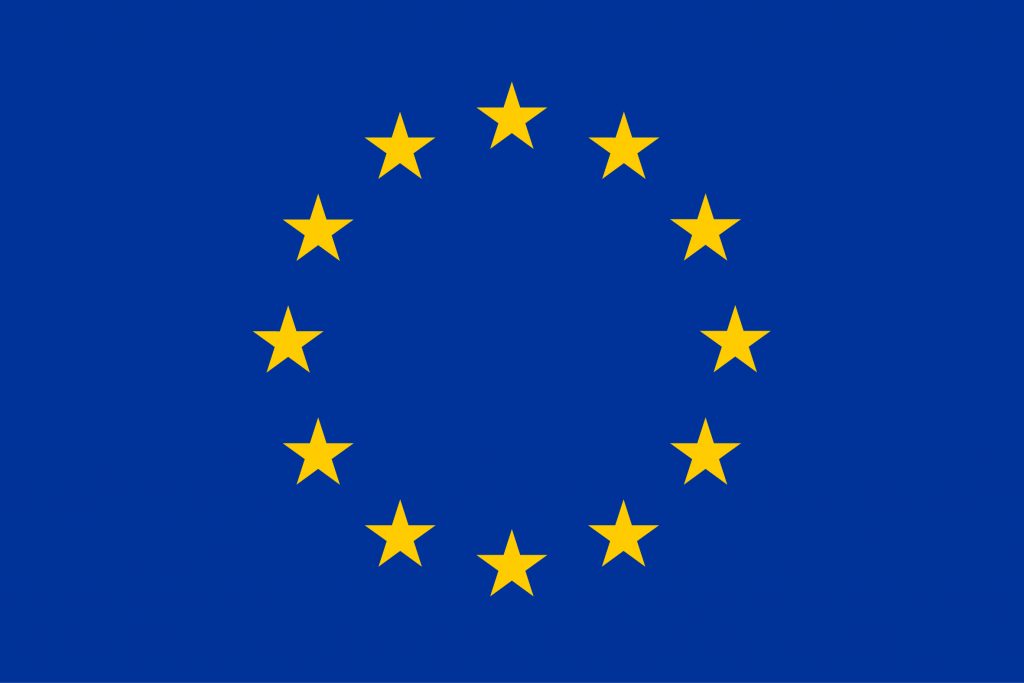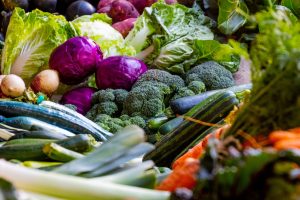ABOUT US
Cities2030
Cities2030 fosters the co-creation of resilient, sustainable, and innovative urban food systems
within the framework of FOOD2030. Employing a multi-actor approach, the project designs progressive policies, formulates action plans, and orchestrates experiments involving researchers, companies, public authorities, civic societies, and citizens.
Consumer choices have the power to guide sustainable shifts in the market. Food system stakeholders engage in a transdisciplinary Alliance and an interactive learning journey that empowers city leaders, researchers, entrepreneurs, and experts to collaboratively construct a citizen-centred model.
An Observatory is established to perceive the urban food system as an interconnected entity, weaving scattered initiatives into comprehensive policies and pioneering
strategies. Furthermore, technologically advanced, and exploitable tools are devised to bolster innovation in the food chain.
Operating through result-driven CRFS Policy and Living Labs, the project propels policy enhancements and innovations, steering leadership towards investments that facilitate a sustainable CRFS transition.
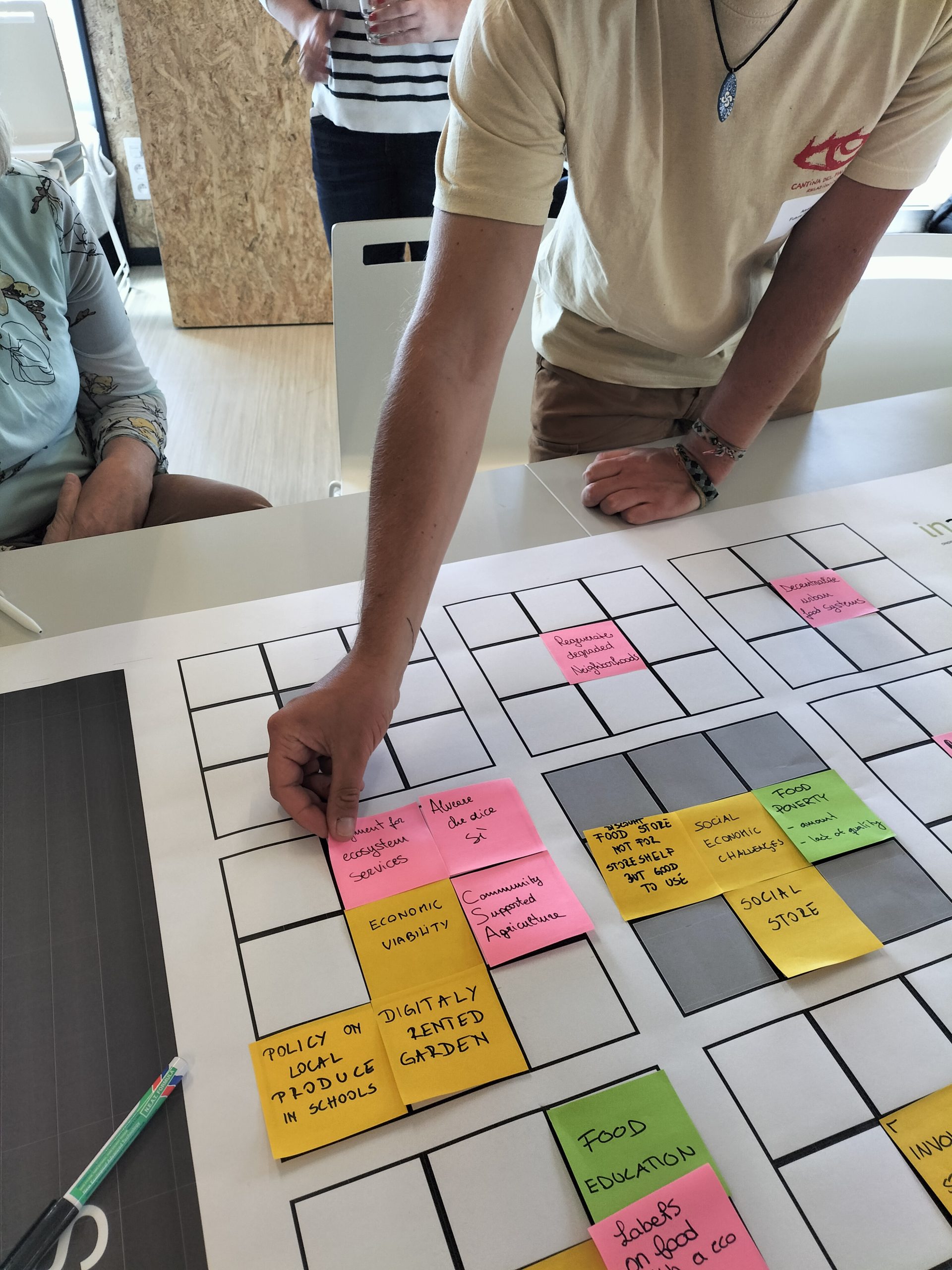
Latest news

First ever Food Congress held in Iceland
On November 22, 2022, Iceland’s first-ever Food Congress (Matvælaþing in Icelandic) was held in Harpa Conference Hall in Reykjavík. It was hosted by the newly
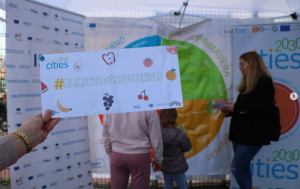
Fireta de Nadal 2022
In December 2022, Quart és Europa held an exciting event, the “Fireta de Nadal”, which took place on 26 and 27. During this festive occasion,
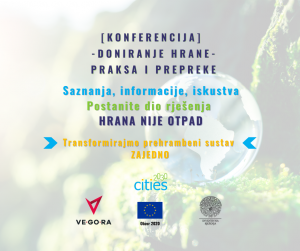
Let’s transform the food system TOGETHER – Become part of the solution – Food is not waste
There are a number of reasons to donate leftover food that is still safe to eat. One of the most important reasons is to help people who are in need, but you should definitely add economic savings and a positive ecological aspect, since large amounts of surplus food that end up as waste have a negative impact on the environment.
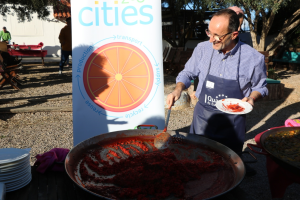
Paella in the Town Hall 2022
In December 2022, a highly significant event was held at the City Hall, with the aim of connecting and collaborating closely with stakeholders from Quart
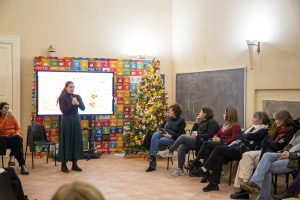
Paideia Campus Living Lab: empowering women in agriculture for prosperity building
Ci.r.c.e.: Cilento Resilient Conscious Empowerment – On the 8th of December, the Paideia Campus Living Lab welcomed a precious moment of conviviality to share stories
![[Conference] Donating food - practice and obstacles - Horizon2020 Project Cities2030 - Agency VE-GO-RA](https://cities2030project.eu/wp-content/uploads/2022/12/KONFERENCIJA-DONIRANJE-HRANE-PRAKSA-I-PREPREKE-700-×-495-mm-702-×-49-1-300x212.png)
[Conference] Donating food – practice and obstacles – Agency VE-GO-RA
In order to increase the public’s awareness of the importance of this issue, and following the opening of the first social self-service in our city, we are organizing a conference where we gathered competent institutions and associations active in this area.
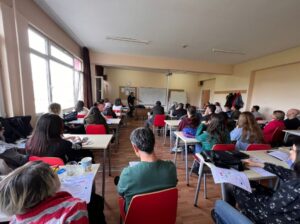
Cities2030 and BSPORT+: driving policy innovation for resilient food systems
As a Horizon 2020-funded initiative (ID: 101000640), Cities2030 aims to transform food systems by fostering resilience and sustainability, aligning with the European Union’s FOOD2030 agenda.
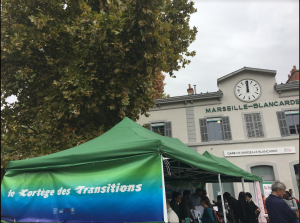
First edition of the Cortege of Transitions in Marseille
Our goal with the Procession of Transitions is to bridge the gap between the center city and the surrounding poor neighbourhoods of Marseille, engage its
Cities2030 Consortium
A broad, integrated, and transdisciplinary consortium comprising 41 partners and 3 linked parties, coordinated by the University of Ca’ Foscari of Venice, is currently developing the Cities2030 project, for the co-creation of resilient, sustainable, and innovative urban food systems within the framework of FOOD2030. Universities, research centres, cities, regions, development agencies, cultural and social associations, companies and experts, active in the FOOD SYSTEM are actively co-operating with the main goal to innovate FOOD POLICIES and sustainable PRACTICES, advacing new
patterns, techniques and digital. The Consortium is experimenting with new governance models, placing consumers in the core of their actions to improve the sustainability of pilot CRFS (City Regions Food Systems) and evolve the pilot Living Labs, assuming to reach 50 CRFS LABS willing to follow the project and its results.
Vision
The project Cities2030 envisions a future where city-regions worldwide embrace sustainable, healthy, and inclusive food systems. Aligned with FOOD 2030, the New Urban Agenda, and SDG 11, it pioneers policy solutions, using multi-actor participation and system thinking. CRFS LABS are hubs for evidence-based policy-making. Action plans, co-designed by government departments, align with FOOD 2030 goals. Digital tools enhance efficiency. An Alliance and expert groups drive policy innovation. Over 50 CRFS Labs form a global network, advocating for sustainable food systems. The project promotes behavioural change for healthy diets, responsible production, and consumption, fostering long-term transformation.
Approach
Cities2030 promotes citizen engagement, transforming passive consumers into motivated change agents through a trusted City-Region Food System (CRFS). This approach fosters connections within the rural-urban context, addressing the entire value chain from production to waste management. It advances dynamic relationships between livelihoods, economic development, food security, nutrition, social inclusion, equity, and resilience within a multi-scale framework encompassing economic, environmental, and social conditions. Cities 2030’s approach is built on these principles, aiming for holistic, sustainable urban food systems.
Results
Over a span of four years partners will be working on developing labs, conducting a series of experiments and creating smart-tools aimed at enhancing policies and practises within the CRFS. Within a large actionable, deployable and transferable result framework, the following key results will be achieved:
CRFS Alliance
The CRFS Alliance is a network of actors and stakeholders, encompassing the food value chain. It operates as a community of practice and as a platform for know-how exchange
CRFS Observatory
The CRFS Observatory is an open-access platform where users can readily access comprehensive information, studies, policies and food-related data.
CRFS Labs
CRFS policy and living labs have been developed to introduce innovative policies and to facilitate the co-creation and the testing of sustainable innovative solutions.Explore the outcomes of these labs on the community platform
City-scale pilots
A series of city-scale pilots have been initiated to test the proposed frameworks and to extraxct valuable insights for their validation
Systems thinking
An innovative and tailored System Thinking methodology to collaboratively address problem-solving challanges in the food sector with a specific focus on CRFS dimention will be introduced
Data-driven CRFS
Smart Tools, including cradle-to-cradle data-driven solutions and Digital CRFS Management Platform based on Blockchain Technology will be designed and delivered

